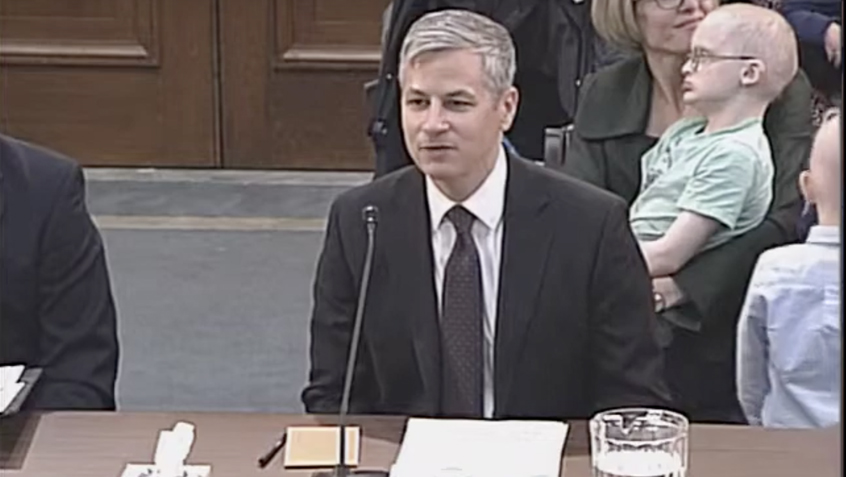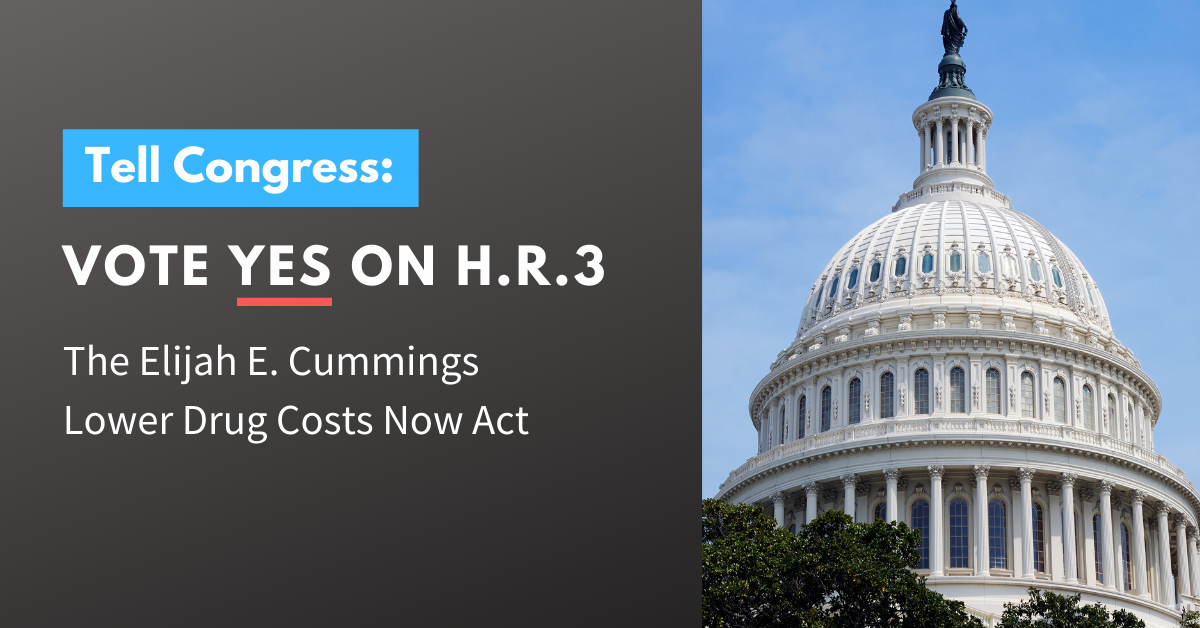
Kaiser Family Foundation Examines How Communities are Affected by Lack of Medicaid Expansion
A new brief from the Kaiser Family Foundation (KFF) examines how state decisions to forego the Affordable Care Act’s (ACA) Medicaid expansion have impacted Americans’ access to coverage.








